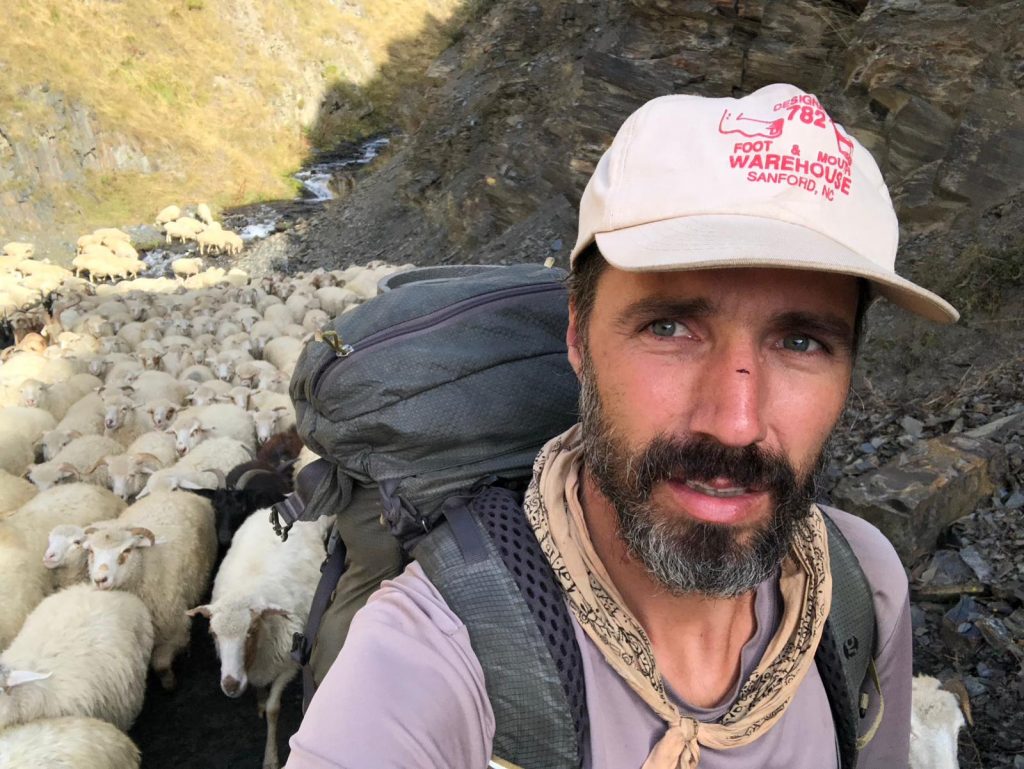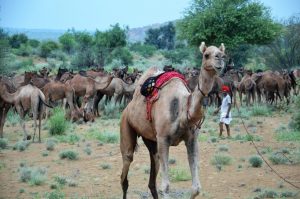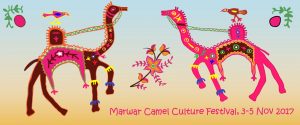Rajasthani herders to campaign for their rights at international summits
 |
A group of Raika herders from Rajasthan, India, will be leaving on 26th August for Europe to speak up about their rights at a series of international gatherings dealing with issues crucial to the continuation of their traditional livelihoods. The Raika are the nomadic camel and sheep breeders of Rajasthan who are famous for having created some of the country’s best livestock breeds, but whose future is on the brink, as their traditional pastures are dwindling away. The government has been given preference to irrigation agriculture, and is now in the process of allotting so-called wastelands – that actually represent customary grazing areas – for bio-diesel cultivation. From 1-7 September, the delegation will attend the First International Conference on Animal Genetic Resources in Interlaken (Switzerland), together with more than 200 government delegates from around the world. This conference has been convened by the Food and Agriculture Organization (FAO) of the United Nations to discuss strategies for countering the dramatic rate of extinction of farm animal breeds that is regarded as a threat to future food security. The reason for this trend, among others, is that industrialized livestock farming systems are expanding while the farmers and herders that keep locally adapted breeds are being squeezed out. The goal of the Raika and other representatives of herding cultures is to convince the governments that they should be given an official role in efforts to conserve animal genetic resources. They emphasize that many breeds will only survive, if they themselves are given grazing rights and are lobbying for reference to Livestock Keepers’ Rights in the official documents of the meeting. Livestock Keepers Rights are a bundle of rights or principles that would ensure that traditional livestock keepers can continue to make a living from their animals and thereby sustain the diverse breeds that compose biodiversity and are considered essential for long-term human food security. While African countries have strongly supported inclusion of Livestock Keepers Rights, other countries have not taken up the issue, and the term remains “bracketed” (subject to further discussion). From 8-12 September, the Raika will attend an International Gathering of Nomads and Pastoralists held near Segovia in Spain. They will also participate in a meeting convened in Madrid by the governments that have signed the United Nations Convention on Combating Desertification (UNCCD) to emphasize that pastoralism (or herding) makes an important contribution to conserving biodiversity in drylands. While scientists have accumulated evidence for the positive interlinkage between grazing and biodiversity, the UNCCD has not yet acknowledged this connection. The group composed of Mangilal Raika, Ramu Ram Raika and Srimati Daili Devi Raika will be accompanied by Tola Ram Bhil, a Bhopa (traditional musician) who is specialized in performing the story of how their ancestor, Harmel Ram Raika, brought the first female camels to Rajasthan. The tour is facilitated by the NGO Lokhit Pashu-Palak Sansthan, whose director, Hanwant Singh Rathore will act as translator for the group. On the way to Switzerland, the group will spend time in Germany at the invitation of the League for Pastoral Peoples and Endogenous Livestock Development, an organization that is supporting pastoralists and other marginalized livestock keepers throughout the world through training and advocacy for favourable policy frameworks. In Germany, the Raika will interact with local sheep and cattle herders and learn from them about the use of herding animals in nature conservation. In many countries in Europe, grazing with sheep and other species is used to conserve certain cultural landscapes as well as types of plants, and therefore supported by the government. Contacts Hanwant Singh Rathore, Lokhit Pashu-Palak Sansthan (India), www.lpps.org, mobile +94-148-18564; phone +94-2934-285086 Ilse Koehler-Rollefson, League for Pastoral Peoples (Germany), www.pastoralpeoples.org, +49-6154-53642, ilse@pastoralpeoples.org |

 This text in Word format
This text in Word format


